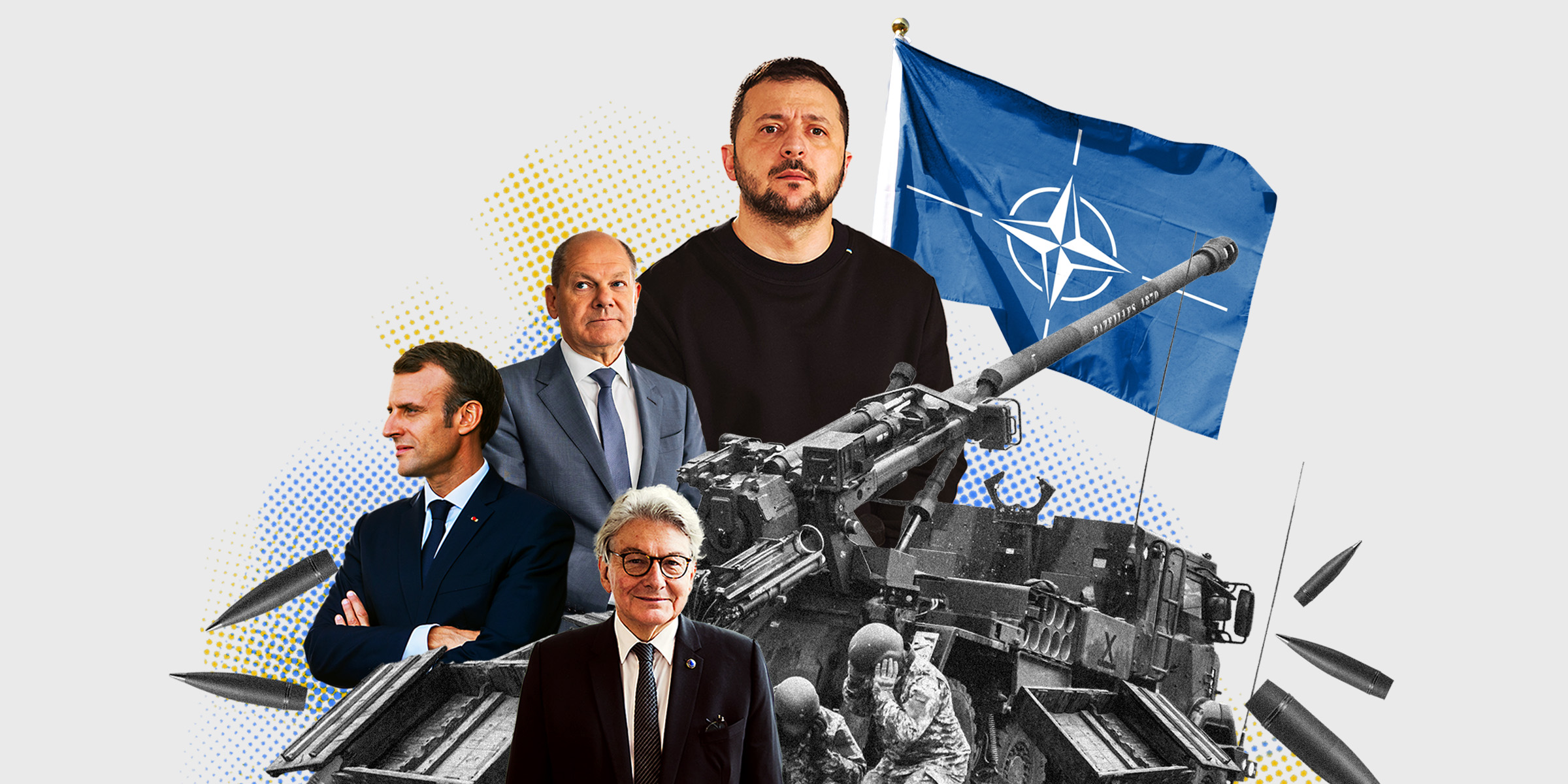Throughout 2023 and 2024, the European Commission proclaimed that Europe was ramping up its arms industry. But it has proven difficult to find and produce enough ammunition to replenish European stockpiles and support Ukraine at the same time.
In Ukraine and in Europe more generally, NATO-standard 155mm artillery shells are in short supply. This type of ammunition was the first game changer in Ukraine’s defence after Russia’s invasion, former Ukrainian defence minister Oleksii Reznikov said in an interview.
Soviet dictator Joseph Stalin called artillery cannons the “god of war” due to their vital role on the battlefield, not least their ability to cause massive destruction.
As the prospect looms of a second term for Donald Trump as U.S. president, Europe sees a need to become a bigger player in the arms industry. Trump is signalling that one of his first acts, if back in office, will be to end U.S. military aid to Ukraine.
From Brussels, however, comes a more optimistic message. European industry will produce more than 1.5 million of these artillery shells in 2024.
This would imply an extraordinary increase in production in just a few years. Before Russia’s large-scale invasion of Ukraine, industry was operating at peacetime capacity, meaning it could only produce several tens of thousands of rounds a year.
This investigation by nine media outlets across Europe shows that Europe’s optimism is unfounded. High-ranking officials and industry insiders reveal that actual capacity is only one-third of the official figures — somewhere between 400,000 and 600,000 shells.
This revelation has serious implications for sustaining crucial military aid to Ukraine, as well as for Europe’s ability to quickly restock empty warehouses.
Across the continent, generals and officials have warned that a direct conflict between NATO and Russia is perhaps less than five years away. This investigation raises the question: If our production capacity is so much lower, would we be ready on time?
The investigation resulted in stories published by the following news outlets:
- Eesti Ekspress (Estonia)
- Follow the Money (Netherlands)
- Die Welt (Germany)
- VSquare (International)
- Investigace.cz (Czech Republic)
- Frontstory.pl (Poland)
- Iltalehti (Finland)
- Ján Kuciak Investigative Centre (Slovakia)
- Schemes, RFL/RL (Ukraine)
The team:
- Iliès Hagoug, The Investigative Desk (France)
- Oliver Kund, Delfi Estonia, (Estonia)
- Laurens Groeneveld, The Investigative Desk (Netherlands)
- Jarno Liski, Iltalehti (Finland)
- Aino Vasankari, Iltalehti (Finland)
- Zuzana Sotova, investigace.cz (Czech Republic)
- Daniel Flis, Frontstory.PL (Poland)
- Lukáš Diko, Ján Kuciak Investigative Centre (Slovakia)
- Anna Myroniuk, Schemes, RFE/RL (Ukraine)
- Valeryia Egoshina, Schemes, RFE/RL (Ukraine)
- Hans Martin Tillack, Die Welt (Germany)
See the stories below.
